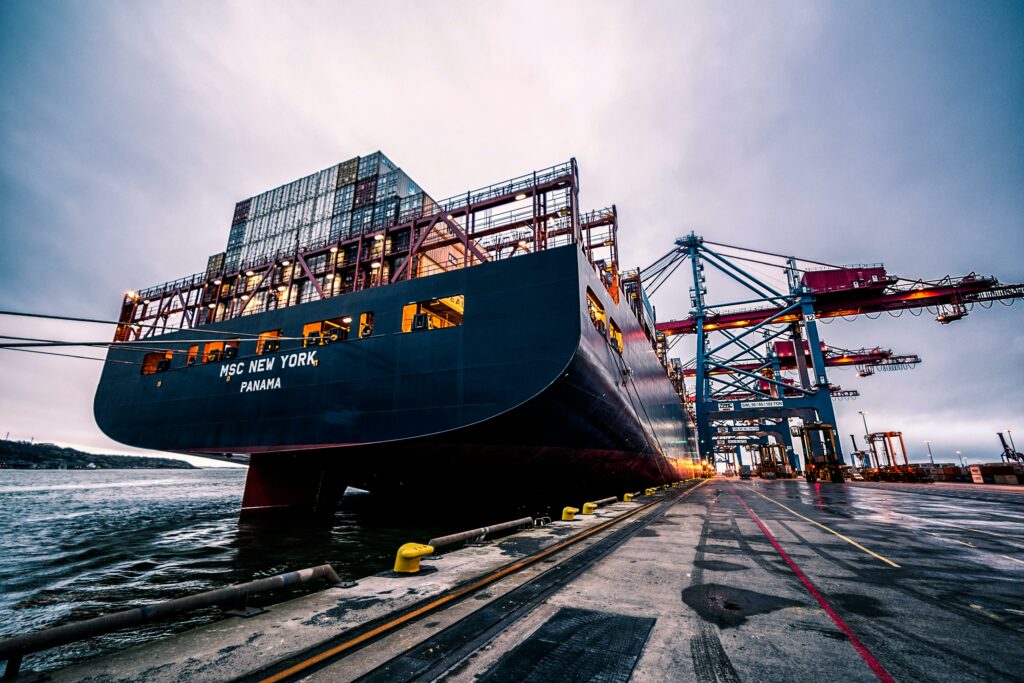
For businesses engaged in international commerce, shipping and freight operations are both critical necessities and potential vulnerability points. According to the UK Department of Business & Trade, UK businesses exported goods worth £365.7 billion in 2024, highlighting the scale of cross-border trade operations. However, logistical challenges can quickly transform smooth operations into costly disruptions. Understanding and mitigating these common setbacks is essential for maintaining competitive advantage in global markets.
1. Customs Delays and Import Regulations
Customs complications are the most frequent cause of shipping delays, with many international shipments experiencing some form of customs-related hold. Each jurisdiction maintains their own documentation requirements, tariff schedules, and restricted item regulations. Success needs meticulous attention to Harmonized System (HS) codes, valuation methodologies, and country-specific compliance requirements. The reputation and transparency of your shipping partner impact customs clearance efficiency. Industry experts recommend thoroughly vetting potential logistics partners through reference checks, regulatory compliance history, and communication transparency. Honest shipping companies give realistic timelines, disclose potential challenges upfront, and maintain current regulatory certifications across their operational jurisdictions. These ethical partners are particularly valuable when going through complex customs situations requiring procedural expertise and regional relationships.
2. Damaged or Lost Goods
Cargo damage claims can also affect some shipments, with financial impacts extending beyond direct replacement costs to include customer relationship damage and brand reputation consequences. Implementing packaging protocols while securing appropriate cargo insurance coverage gives essential protection against these vulnerabilities. For high-value shipments, consider increasing tracking solutions incorporating real-time location monitoring, environmental condition sensors, and tamper-evident sealing systems. These technologies give early warning capabilities for potential issues while creating accountability throughout the logistics chain.
3. Unexpected Costs and Hidden Fees
Shipping budgets frequently face disruption through inadequately anticipated auxiliary charges, including terminal handling fees, demurrage penalties, customs examination costs, and currency fluctuation impacts. Establishing great shipping agreements that explicitly address potential supplementary costs provides protection against budget surprises that can erode profitability margins.
4. Supply Chain Disruptions
Geopolitical conflicts, climate events, labour actions, and infrastructure failures create unpredictable supply chain vulnerabilities. Recent disruptions in European shipping routes, including French port strikes in March 2025, have shown how quickly regional issues can create global ripple effects. Developing contingency routing options and maintaining strategic inventory reserves helps mitigate these disruption risks.
5. Poor Communication with Freight Forwarders or Carriers
Communication breakdowns between businesses and logistics partners frequently result in routing errors, documentation inconsistencies, and delivery failures. Establishing clear communication protocols, including designated points of contact and structured status reporting requirements, helps prevent these coordination failures. For businesses experiencing persistent shipping challenges, consulting with a full-service law firm specialising in international trade and logistics regulations can give valuable guidance regarding contractual protections, compliance requirements, and dispute resolution mechanisms. These specialised legal partners help navigate complex cross-border relationships while establishing agreements that protect against logistics vulnerabilities.
When addressing these common shipping and freight challenges through careful planning, partnership development, and appropriate legal guidance, businesses can change potential logistics vulnerabilities into competitive advantages that support sustainable growth in global markets.



